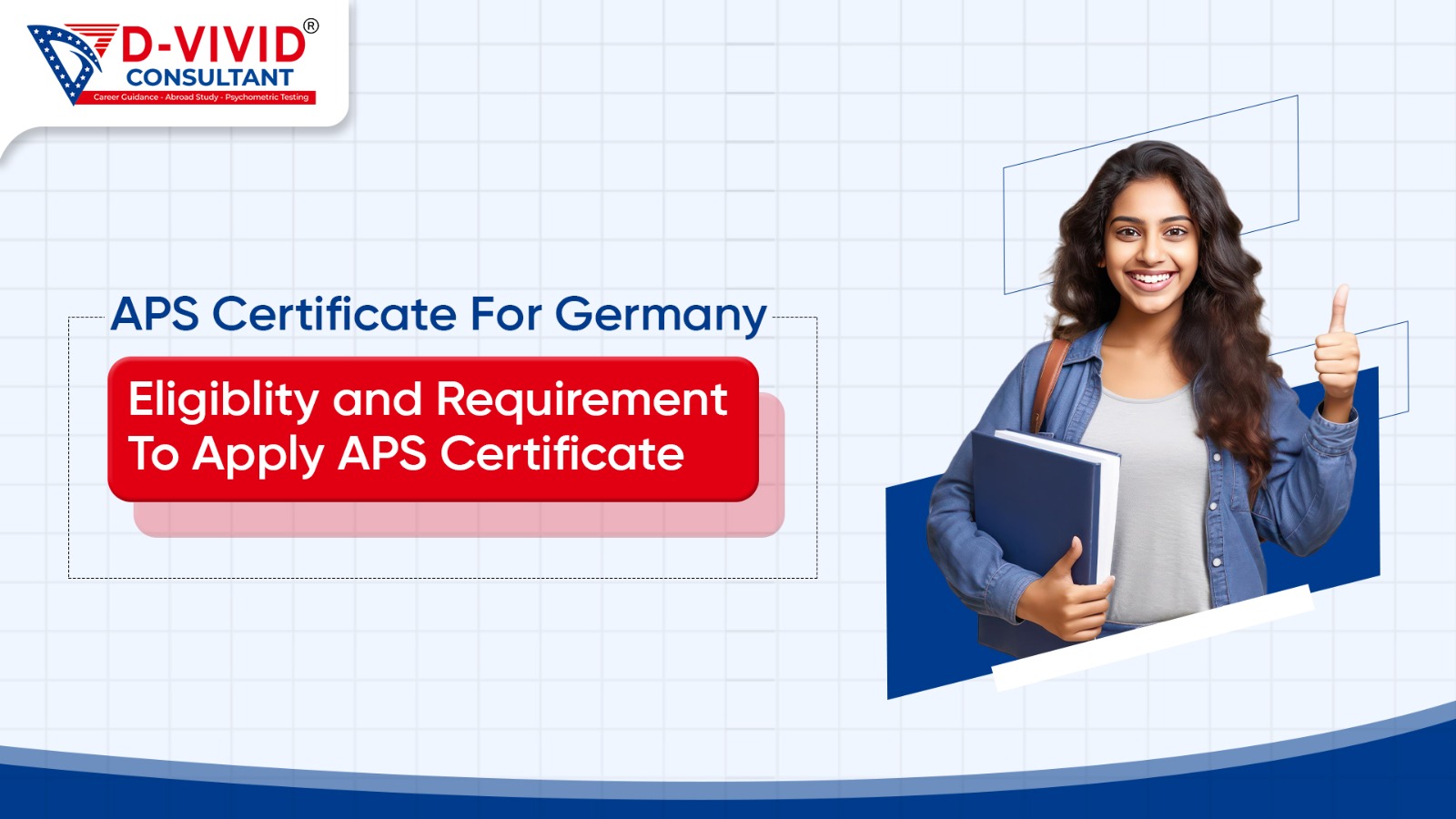Understanding the APS Certificate in Germany
What is the APS Certificate?
The Akademische Prüfstelle (APS) certificate is a crucial document for international students, particularly from countries like India, China, and Vietnam, applying to study in Germany. Its primary purpose is to verify the authenticity and equivalence of academic qualifications. The APS serves as a gatekeeper, ensuring that the educational credentials of applicants align with German standards.
Historically, the APS was introduced to bridge the gap between different educational systems, providing a reliable framework for evaluating foreign qualifications. For Indian students, this process officially began in October 2022, reflecting Germany's commitment to maintaining high academic standards while welcoming international talent.
Who Needs an APS Certificate?
Mandatory Requirements for International Students
The APS certificate is a mandatory requirement for students from specific countries, including India, China, and Vietnam. This necessity stems from the need to ensure that educational qualifications meet the admission criteria set by German universities.
Students seeking undergraduate or postgraduate degrees must obtain this certificate as part of their application. It acts as a formal verification of their academic records, which is essential for both university admissions and visa applications.
Specific Groups Requiring APS Certification
Not all students require an APS certificate. Typically, undergraduate and postgraduate applicants must secure this certification. However, there are exceptions for students on scholarships or those attending short courses, who may bypass this requirement.
For instance, students pursuing short-term programs lasting less than 90 days do not need the APS certificate. It is vital for prospective students to consult their specific university's admission guidelines to confirm the necessity of this document.
APS Certificate Requirements for International Students
Eligibility Criteria
To qualify for the APS certificate, international students must meet certain educational prerequisites. Generally, this includes:
- Completion of 12 years of schooling: This is crucial for undergraduate applicants.
- Relevant academic qualifications: These should correspond to the program for which the student is applying.
- Language proficiency: Students may need to provide proof of proficiency in either German or English, depending on the language of instruction of their chosen program.
Document Checklist for APS Application
Applying for an APS certificate involves preparing a comprehensive set of documents. Here’s a checklist to ensure a smooth application process:
- Completed application form
- Academic transcripts and certificates
- Proof of language proficiency (German or English)
- Valid passport and passport-sized photographs
- Curriculum vitae (CV)
- Statement of purpose
- Any additional documents as specified by the APS office.
The accuracy and authenticity of these documents are critical. All academic records should be in English, or translated by a certified translator if in another language.

How to Apply for the APS Certificate in Germany
Step-by-Step Application Process
Step 1: Familiarize Yourself with Application Guidelines
Understanding the APS requirements is vital. Students should visit the official APS India website to review detailed guidelines and updates. This preparation can save time and prevent errors during the application process.
Step 2: Document Preparation
Gather and organize all required documents. Ensure that translations are notarized if originally in a regional language. This step is crucial as missing documentation can lead to delays or rejection.
Step 3: Register and Submit Your Application
Students can register online through the APS India website and submit their application via courier. Personal drop-offs are not accepted, emphasizing the importance of using reliable courier services.
Step 4: Payment of Verification Fee
The APS certificate comes with a verification fee of INR 18,000 (approximately €225). This payment must be made online, and proof of payment should be retained for the application process.
Step 5: Awaiting the APS Certificate
After submission, students typically wait 3 to 4 weeks for their APS certificate. During this time, it’s essential to keep track of the application status through the APS portal.
Benefits of Obtaining an APS Certificate
Advantages for University Admissions
Having an APS certificate simplifies the university admission process. It assures German universities of the authenticity of the academic documents submitted, fostering trust and confidence in the evaluation process.
Impact on Visa Applications
The APS certificate is also a critical component of the student visa application. German consulates require the APS certificate to expedite visa processing, making it essential for students to secure this document before applying for their visa.
Long-term Benefits
The APS certificate remains valid indefinitely. It not only facilitates immediate university admissions but also enhances future academic opportunities, such as scholarships and advanced programs, in Germany.
Conclusion
Key Takeaways
- The APS certificate is essential for international students from specific countries, especially India, to validate their academic qualifications.
- Students must prepare a comprehensive set of documents and follow the outlined steps carefully to obtain the APS certificate.
- The APS certificate streamlines the admission and visa application processes, building trust with German universities and authorities.
- Planning and early preparation are crucial for a successful application process, ensuring all requirements are met well in advance.
Obtaining the APS certificate is a significant step towards pursuing higher education in Germany. By understanding the requirements and preparing accordingly, students can navigate this process with confidence, paving the way for a successful academic journey in Germany.
